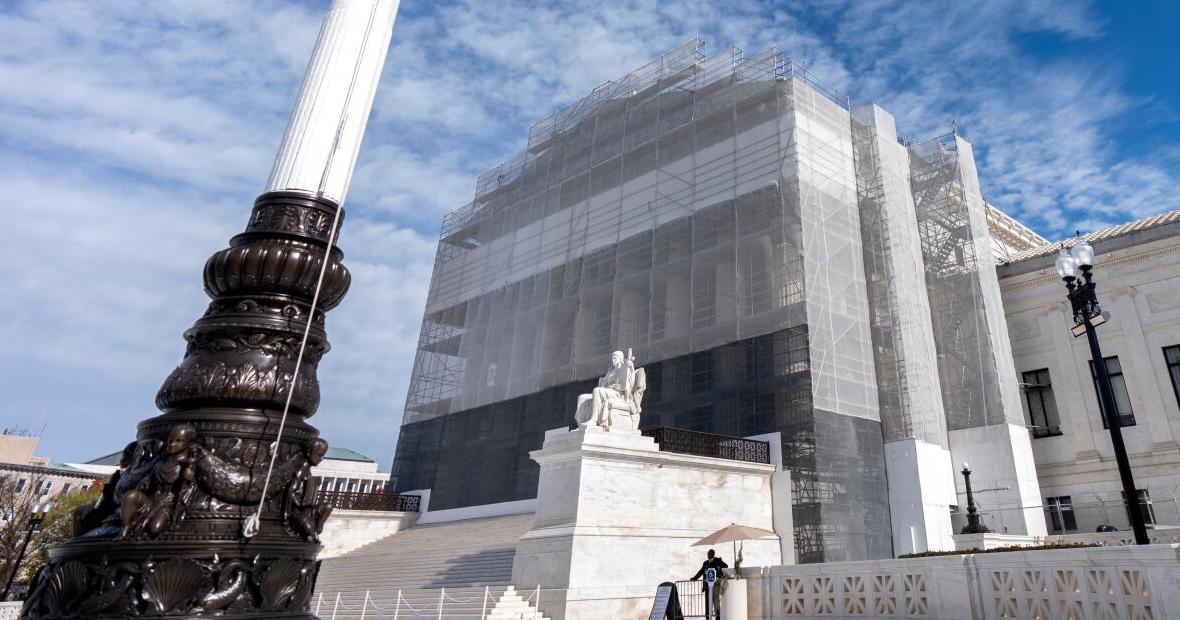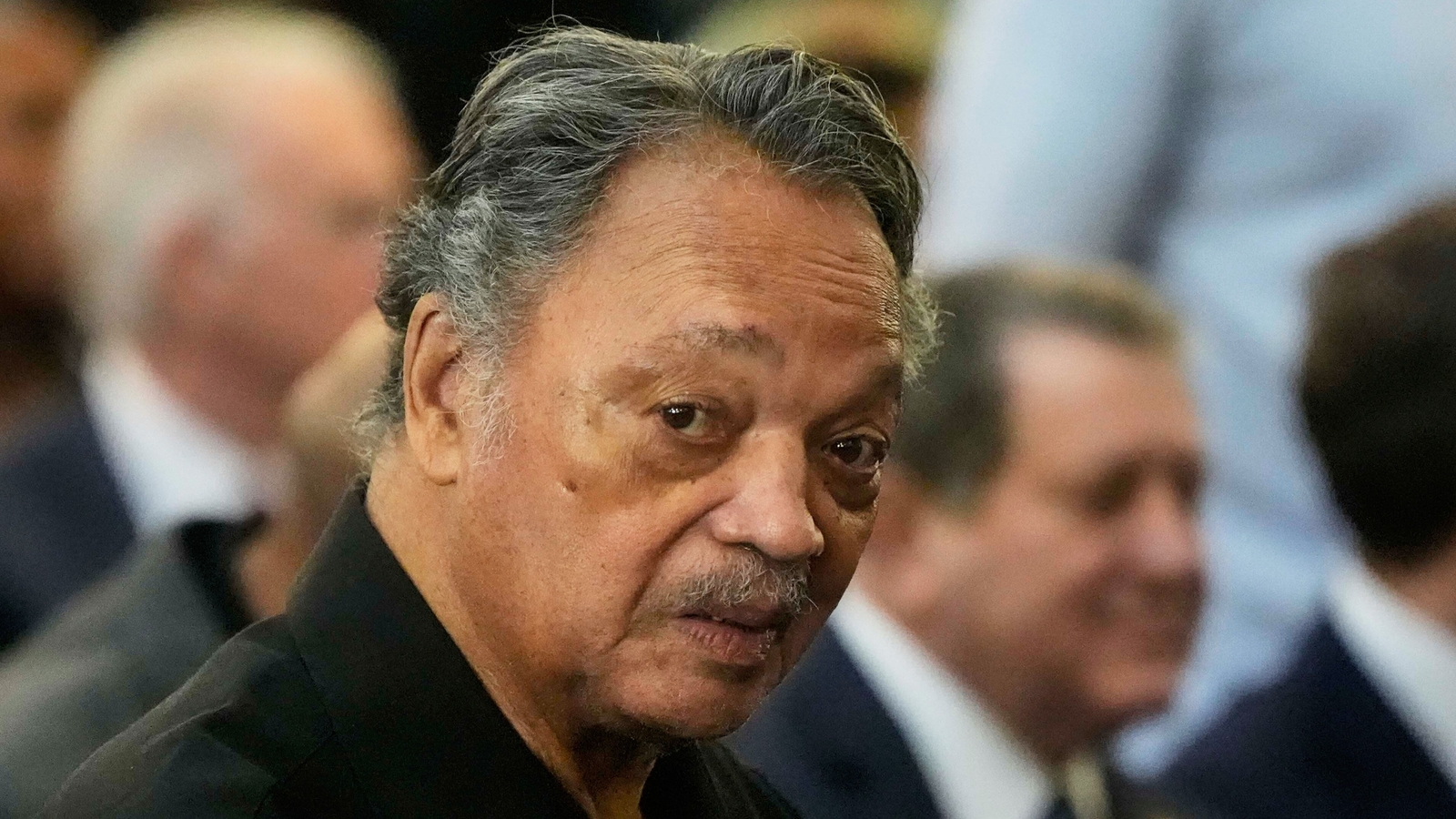The Supreme Court has permitted the enforcement of a policy from the Trump administration that prevents transgender and nonbinary individuals from selecting passport sex markers that correspond with their gender identity. This decision, announced on March 15, 2024, has significant implications for the rights of these communities, particularly regarding their ability to obtain government identification that reflects their true selves.
The ruling emerged from a legal challenge against the U.S. Department of State’s policy, which has been in place since 2020. The policy stipulated that applicants must provide medical documentation to change their gender marker on passports, a requirement that many argue is both unnecessary and discriminatory. The Court’s decision to allow the policy to remain in effect has drawn sharp criticism from advocates for LGBTQ+ rights, who assert that it undermines the dignity and identity of transgender and nonbinary individuals.
In their arguments, advocates highlighted the emotional and psychological toll that misaligned identification can have on those affected. Many individuals feel that their gender identity is not acknowledged, which can lead to discrimination, harassment, and mental health issues. The inability to change one’s passport marker can also complicate travel, leading to distressing situations at borders and airports.
The Supreme Court’s ruling was met with immediate backlash. Organizations such as the Human Rights Campaign and Lambda Legal issued statements condemning the decision. They emphasized that the ruling perpetuates systemic barriers that transgender and nonbinary individuals face in society.
According to legal experts, the ruling may set a concerning precedent for future cases involving LGBTQ+ rights. It reflects ongoing divisions in the interpretation of gender identity and civil rights protections in the United States. While the current administration has expressed intentions to support LGBTQ+ rights, legal battles continue to unfold at various levels.
As the debate over transgender rights continues, the implications of this decision may resonate beyond the realm of passport regulations. It underscores the broader struggle for equality and acceptance for transgender and nonbinary individuals in a society that remains divided on these issues.
The Supreme Court’s decision is a critical moment for LGBTQ+ rights in the U.S., raising urgent discussions about the policies that govern personal identity and the extent of civil liberties in a modern democracy.







